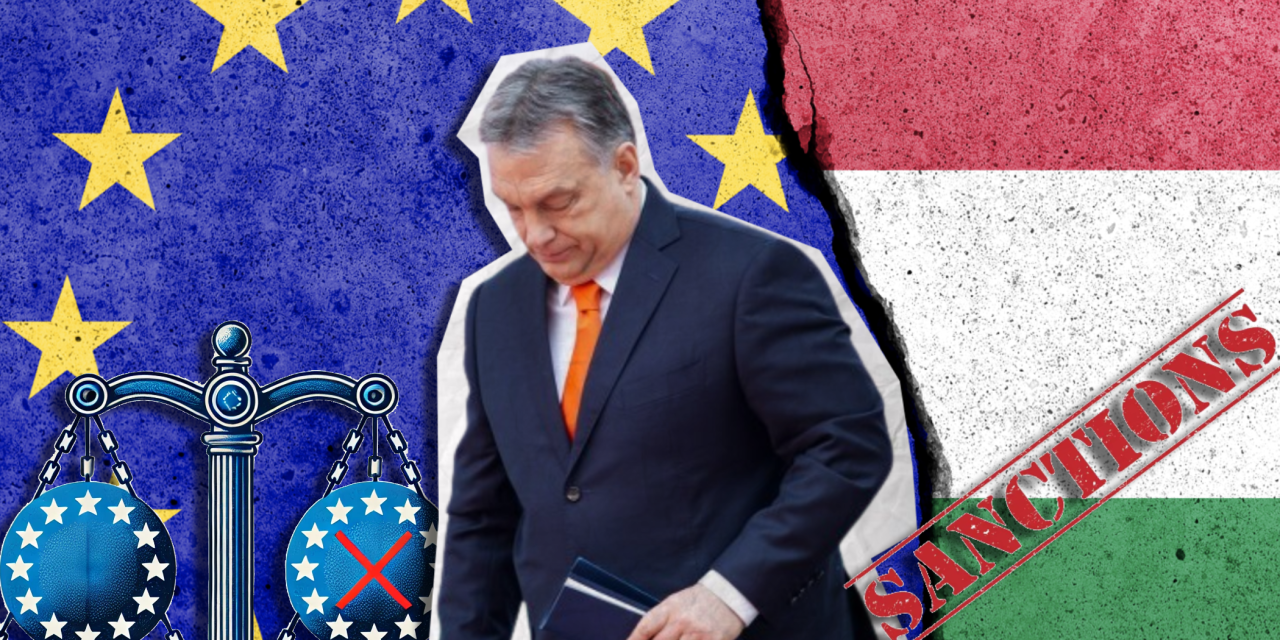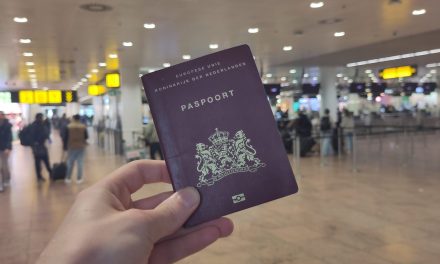Hungary’s complex relationship with the European Union highlights tensions between national sovereignty, European values, and the future of democracy. This story is particularly relevant now as Hungary faces increasing scrutiny from the EU over rule-of-law violations, with billions of euros in EU funds withheld due to concerns about judicial independence and corruption. The ongoing conflict underscores what’s at stake for Hungary and its citizens.
Since joining the EU in 2004, Hungary has undergone significant transformation. Billions of euros in structural and cohesion funds have modernized infrastructure, education, and rural development. Yet, these benefits coexist with growing Euroscepticism, led by the government of Viktor Orbán.
Orbán’s Fidesz party positions itself as a defender of Country’s sovereignty, frequently clashing with the EU on migration, judicial reforms, and financial oversight. This duality, embracing economic benefits while rejecting certain policies, defines Orbán’s political discourse and raises questions about Hungary’s future within the EU.
In Budapest, anti-European sentiment seems distant. EU flags wave alongside Hungarian ones, and the city thrives on European integration. Cafés bustle with students and professionals benefiting from EU-funded education and work opportunities.
You hear several languages at the central market, a sign of the city’s international pull. But locals have mixed emotions: pride in the independence of Hungary and frustration with EU oversight.
Despite the European life of Budapest, major events in Hungary take place behind the scenes. State-controlled media amplifies Orbán’s narrative, portraying the EU as undermining Hungarian interests. Conversations reveal skepticism about Brussels’ policies, particularly on migration and sovereignty.
László, a 64 years old farmer emphasized the EU’s importance to his livelihood. “Those funds have given us the chance to modernize our farms and improve our lives,” he said, pointing to EU-funded irrigation equipment. “We depend on these funds not just for farming but for our future. The ’s moves against the EU worry me deeply because they risk everything we’ve built. If we lose EU support, it’s not just the economy that will suffer, it’s our way of life.” While skeptical of some EU policies, he added, “Being part of the EU is our safety net. Without it, we’d be lost.”
Tibor Bana, a former vice president of Hungary’s European Affairs Committee and currently an independent member of parliament, offers an exact perspective. He highlights all the benefits Hungary receives from EU membership but critiques the government’s use of sovereignty as a political tool. “The government argues that joining the European Public Prosecutor’s Office (EPPO) would harm Hungarian interests, framing it as a sovereignty issue. However, corruption in Hungary remains a significant problem, and true sovereignty would mean addressing it,” Bana asserts.
Bana also points to the paradox of Hungary’s position: “Hungary gets many, many funds from the EU, and they only want these funds. But on the other hand, the government mainly criticizes the EU for steps that aren’t against Hungarian interests.” He stresses the need to foster trust in European institutions and tackle domestic corruption to move forward.
Bana also warns of geopolitical risks: “Orbán would like to leave the EU, but they won’t do it because of the citizens. From Russia’s point of view, having an ally in the EU, like Hungary, is very important.”
Despite anti-EU rhetoric, public opinion in Hungary remains overwhelmingly pro-European. Polls from organizations like Eurobarometer consistently show 75% to 80% support for EU membership. This reflects the practical benefits of economic stability, market access, and opportunities abroad.
However, areas, where Fidesz party dominates, often hear only the government’s side. State media amplifies anti-EU messaging while downplaying the EU’s contributions, shaping opinions and obscuring the bloc’s broader benefits.
Hungary’s relationship with the EU remains a delicate balance of cooperation and conflict. While the government emphasizes sovereignty and critiques the EU, economic dependence and strong public support for membership suggest a more complex reality. The divide between urban European integration and rural skepticism highlights these tensions.
Fostering dialogue, addressing corruption, and bridging urban-rural divides will be essential for Hungary’s future. Voices like Tibor Bana’s and László remind us that Hungary’s path forward lies in reconciling its national identity with its place in the EU. The stakes are high, not just for Hungary but for the broader European project.
As Hungary navigates these challenges, the question remains: can it reconcile its national identity with its EU membership? Fostering dialogue, addressing corruption, and bridging urban-rural divides will be crucial for Hungary’s future within the European Union.
Navigating Challenges: How NGOs and Small Parties Operate Under Orbán’s Regime




